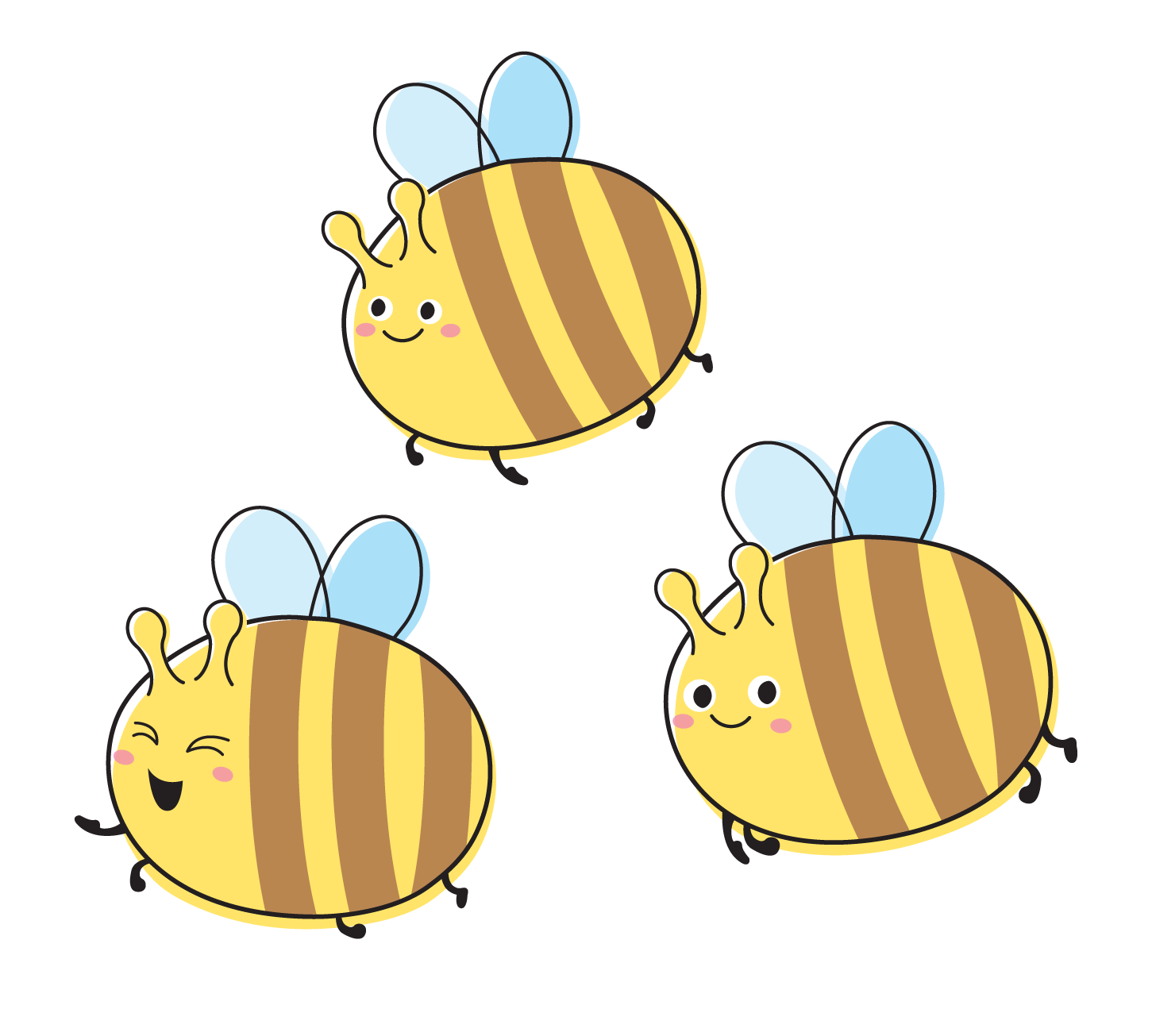Montessori Education - Misconception: "The Learning Process from Concrete to Abstract"
A: Parents do not need to deliberately provide an opportunity or teach, but rather focus on creating a prepared environment. In daily life, parents can create places where children can have hands-on experiences. By providing real-life situations for children to experience, parents can help them learn abstract concepts. Through practical experience, children will learn abstract concepts unconsciously.
A:We encourage young children to learn new concepts or knowledge through first-hand experience and sensory exploration. In a Montessori classroom with a prepared environment, materials and activities are designed to stimulate children’s natural curiosity and encourage them to learn independently. The concrete materials allow children to repeatedly manipulate and explore, gradually mastering abstract concepts with the guidance of the teacher. For example, the Sensorial area is a preparatory area for learning mathematics, where children use materials such as the Pink Tower and Brown Stair to learn unfamiliar concepts such as size, weight, and dimension.
A:From ages two to six, children are in the “absorbent mind” stage identified by Montessori. She described a unique mental ability in children under six, which can be imagined as a sponge. When we provide it with something to absorb, it will naturally absorb all of it. In a theory called the absorbent mind, children absorb different things like a sponge. Young children unconsciously and consciously absorb concepts into their minds while manipulating teaching materials.



